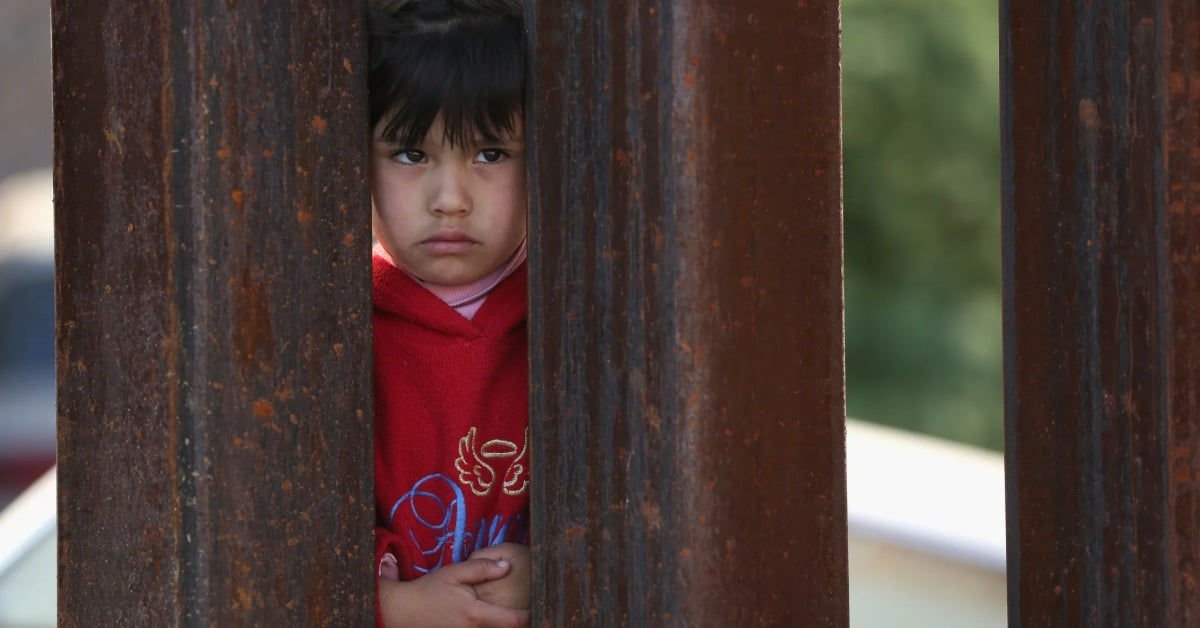Chihuahua had the third-highest number of national child trafficking cases in 2025, prompting calls for stronger enforcement and victim support . . .

Chihuahua had the third-highest number of national child trafficking cases in 2025, prompting calls for stronger enforcement and victim support . . .
